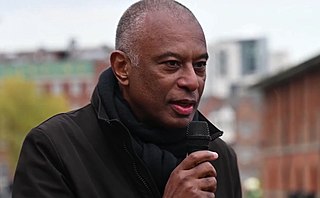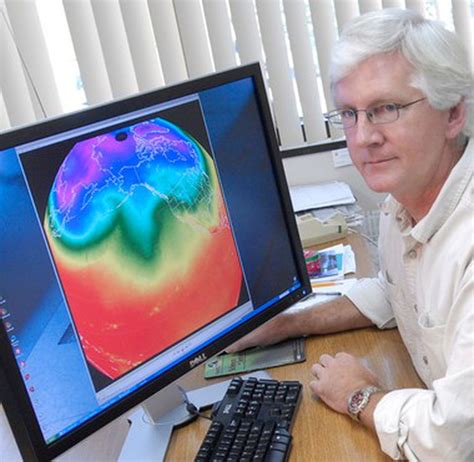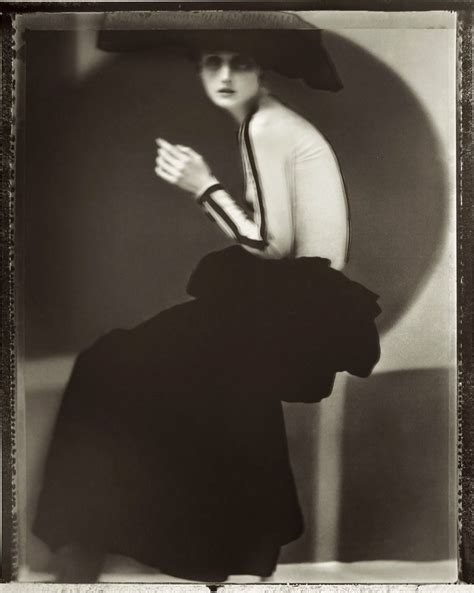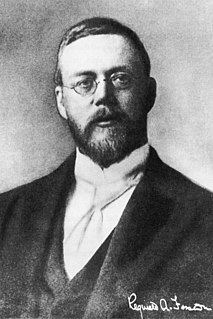A Quote by Terry Brooks
The reader wants to see something happen between pages one and four hundred, and nothing happens if the characters don't change.
Related Quotes
With a novel, you have the reader with you a lot longer, and you owe him a lot more. Obviously you have to have a plot - I say "obviously," although I think a lot of fiction doesn't, and nothing seems to happen. But to me, there should be something that happens, and it should be at least vaguely plausible. And because the readers are going to be with these characters for a long time, you have to get to know them and like them and want to know what happens to them.
The first rule is you have to create a reality that makes the reader want to come back and see what happens next. The way I tried to do it, I'd create characters that the reader could instantly recognize, and hopefully bond with, and put them through situations that keep the reader on the edge of their seat.
The two mistakes that come to mind are people who introduce a flood of characters in the first few pages. Where the reader has to stop and get out a flow chart and has to figure out who is who. And you just can't do that - introduce the first four generations of a character's family in the first chapter. You can introduce four or five characters at the most in the first chapter. Another mistake is to use big words that are not normally used in conversation to try to impress folks with your vocabulary.
Now I began to understand art as a kind of black box the reader enters. He enters in one state of mind and exits in another. The writer gets no points just because what's inside the box bears some linear resemblance to "real life" -- he can put whatever he wants in there. What's important is that something undeniable and nontrivial happens to the reader between entry and exit.
The inventor and the research man are confused because they both examine results of physical or chemical operations. But they are exact opposites, mirror images of one another. The research man does something and does not care [exactly] what it is that happens, he measures whatever it is. The inventor wants something to happen, but does not care how it happens or what it is that happens if it is not what he wants.
Faith is not something that you can cultivate. If it happens to you, it happens, if it doesn't happen to you it doesn't happen, that's all. Does it mean to say - "I have to just sit and wait and someday it will fall upon me?" No, it is just that if you understand the fundamentals of living here, in this existence, you will see, for anything to happen, you must create the right kind of situation.





































